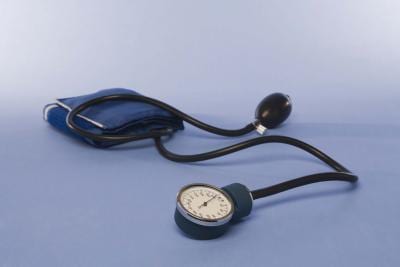Search Results for: blood flow
Preventive Exercise Based on Your Blood Type
You simply cannot attain your potential for health without exercise. The human body requires movement and the proper type of exertion. Just as your eating regimen should be based on your blood type and subtype, so should your exercise program. Strenuous exercise is perfect for Os, good for Bs and detrimental to As. All proper exercises are wonderful for:
Normal Blood Pressure Levels in Children
When you take your child to the doctor for a yearly checkup, the nurse or doctor will usually take his blood pressure. While blood pressure is usually measured the same way for both children and adults, children should have much lower levels than the average adult. A child’s blood pressure is considered to be normal based on how it compares to similar children his age, sex and height.
Good High Blood Pressure Diet
High blood pressure, also called hypertension, is cause for concern. Fortunately, most people are aware of this, as is demonstrated by the fact that it is the second most common reason for people going to doctor in the United States, according to the E Medicine Health website. If not controlled, high blood pressure can lead to heart attack, stroke and kidney failure. The good news is that you can take measures to control high blood pressure just by what you choose to eat.
Is a Home Blood Pressure Machine Accurate?
If your typical day goes kind of like this–you have a toddler having a 2 o’clock meltdown just as your other child is getting off the school bus, and you know that you have to give your oldest his first driving lesson later today, well, you may be tempted to check your blood pressure now and again. Even if that is not your exact scenario, there are plenty of reasons for working moms as well as stay-at-homes to want to check their blood pressure. You can take a deep breath and relax knowing that you can get an accurate reading from home blood pressure machines.
How Exercise Reduces Blood Pressure & Stress
High blood pressure (HBP) and stress are common and potentially life-threatening medical conditions. While there is no direct link between HBP and stress, both conditions can put you at risk for a variety of health problems such as heart disease, kidney failure and stroke. It is not certain how many people suffer from stress, but according to the American Heart Association, around 1 in 3 adults suffer from HPB. In 2005, the death rate from HBP in the U.S. was more than 18 percent.




